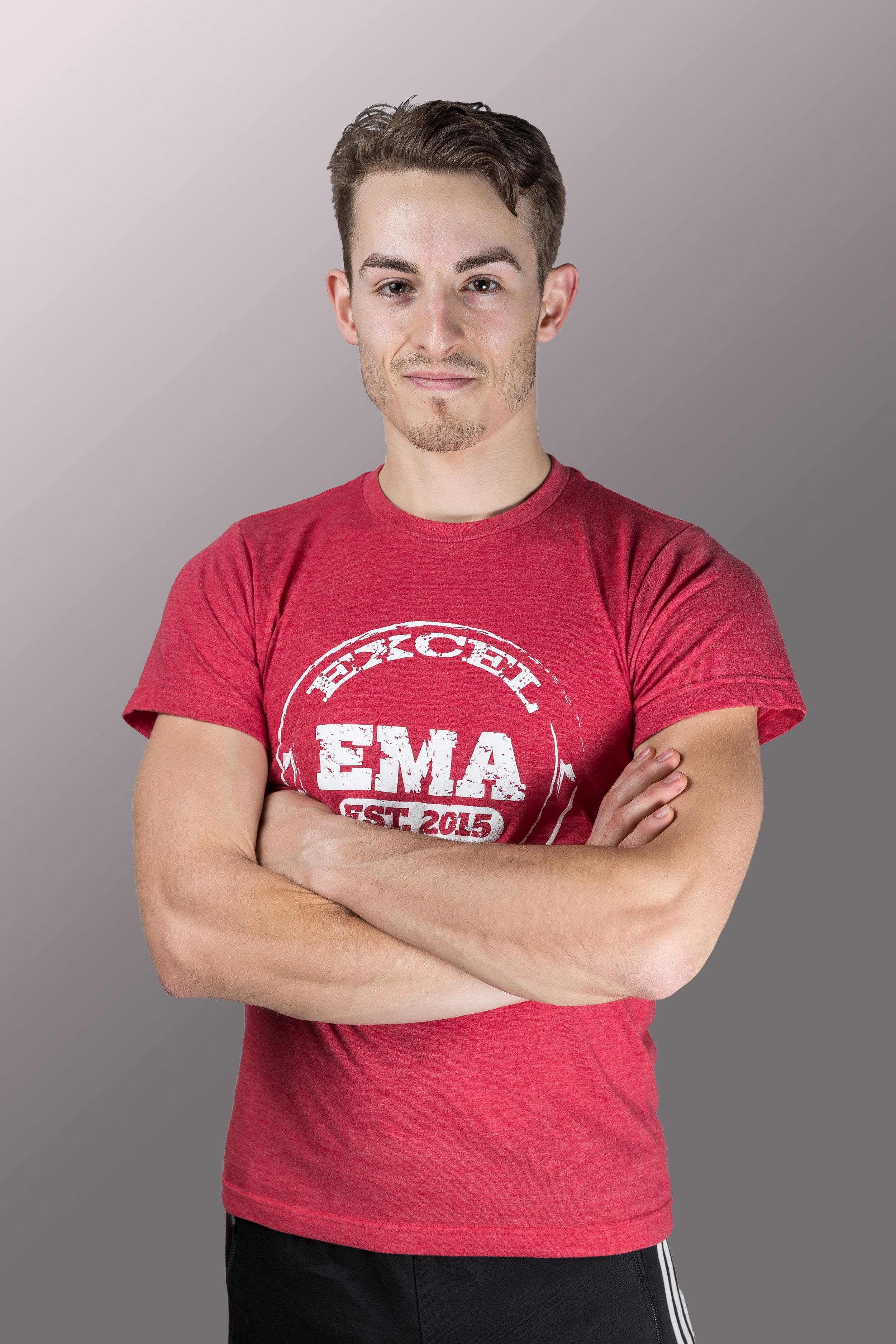POPAT/PARE: Advice from the Experts
If you are training from the POPAT, PARE, COPAT, or any other Physical Abilities Test, you will definitively benefit from this advice. I asked experts in the industry including trainers, testers, professors and Law Enforcement Officers for their advice.
I asked two simple questions, one about PAT training and obstacles, and the other about life in the force. Each of these pieces of advice is super valuable, so I encourage you to take action and your next step towards your Law Enforcement career.
Jeremy Lane, Sgt.
Abbotsford Police Department, CEO/Owner of LEPAT.com
Jeremy has been a police officer for over 20 years and runs the Physical Abilities Testing company LEPAT, base out of Abbotsford, B.C., serving the Fraser Valley and its' L.E.O. candidates. He has been testing future law enforcement officers on their physical abilities tests for 10 years and has seen thousands of successful (and unsuccessful) attempts.
When I asked Jeremy for his advice, this is what he had to say...
1. What is the #1 part of the Physical Abilities Tests that candidates struggle with?
Jeremy: "Endurance. Most people don't train anaerobically and the test surprises them."
Because of the high-intensity demands of the test, many people gas out too quickly. If you struggle to understand your energy systems (i.e. the bodies' gas tanks), I recommend you read this article on the aerobic system and this article on the anaerobic system.
2. What is the most important thing a candidate can work on to be better prepared for the PAT and a career in law enforcement?
Jeremy: "Many people get into good physical conditioning because they need to pass one of the tests - because they want a job. The problem is, if fitness isn't part of your lifestyle already, you're more likely to stop training after your 'job goals' are met. I see this all the time. An unfit law enforcement officer is a risk to themselves and the people they work with. Fitness must be a part of your lifestyle."
Marc Locquiao
Police Fitness Expert.
Mark is a trainer and owner at Redline Conditioning in Surrey, B.C. He has been training Law Enforcement Candidates for the POPAT and PARE and has had numerous successful candidates. He also posts helpful articles and videos to help L.E.O. candidates succeed in their training.
When I asked Mark for his advice, this is what he had to say...
1. What is the #1 part of the Physical Abilities Tests that candidates struggle with?
Mark: "My answer is two-fold if you will. Candidates struggle the most with the push/pull because they struggle with their pacing on the course. Done separately (and when fresh), they can be done well enough. But when combined, people will fo too fast on the course and gas themselves for the machine. Combine that with little experience on the machine, and you have people struggling mightily for the push/pull."
How to solve this issue? #1 is paving, #2 is increasing your capacity. Mark has written about pacing for the PARE/POPAT here and here. Mastering your pacing will be extremely important if you want a competitive time. If you simply aren't fit enough to, you may be training improperly. I have written about how to train your conditioning here.
2. What is the most important thing a candidate can work on to be better prepared for the PAT and a career in law enforcement?
Mark: "Candidates should continue working on their conditioning and pacing skills to prepare for the PAT. Once in law enforcement, they should continue working on their conditioning but should also emphasize strength training and mobility training for the career."
Al Gray
RCMP PARE facilitator and trainer
RCMP (1965-2000), Criminology Professor at the University of the Fraser Valley
Al Grey was a member of the RCMP for over 30 years, with numerous achievement and accomplishment awards. He is also part of the Recruiting Unit PARE Facilitator, Evaluator and Trainer for the RCMP.
1. What is the #1 part of the Physical Abilities Tests that candidates struggle with?
Al: "Combination of naivety of the physical, aerobic, and anaerobic demands of the test"
2. What is the most important thing a candidate can work on to be better prepared for the PAT and a career in law enforcement?
Al: "I don't think there is a short answer to this one... Down and dirty, bold and up front.... My intro's to PARE Bootcamps at HQ and Crim class lesson, Fitness Testing, they are told if they have not been physically active (moderate high to high intensity) up to that point in time, to be successful in the evaluations, it will take 3 months of regular, consistent training at least 4-5 sessions a week." Al goes on to recommend that candidates focus their training on muscular strength, power, endurance, and stamina as well as aerobic/anaerobic stamina/endurance and recovery.
Alone, advice from anyone of these experts will point you in the right direction. Together it should give you the guidance you need to prepare for your career in Law Enforcement. If I have any final words of advice, they are this: understand that you are entering a lifestyle of high-performance. When I was gathering my answers, I noticed a common theme. That theme is the importance of a mindset shift. You are committing to a life of service and protection. This means you need to be fit and prepared to deal with the physical demands.
I am excited to see where your career takes you.
Remember. Train with Pride.
-Mark Murdoch
B.Kin, Canadian Society fo Exercise Physiology CPT





